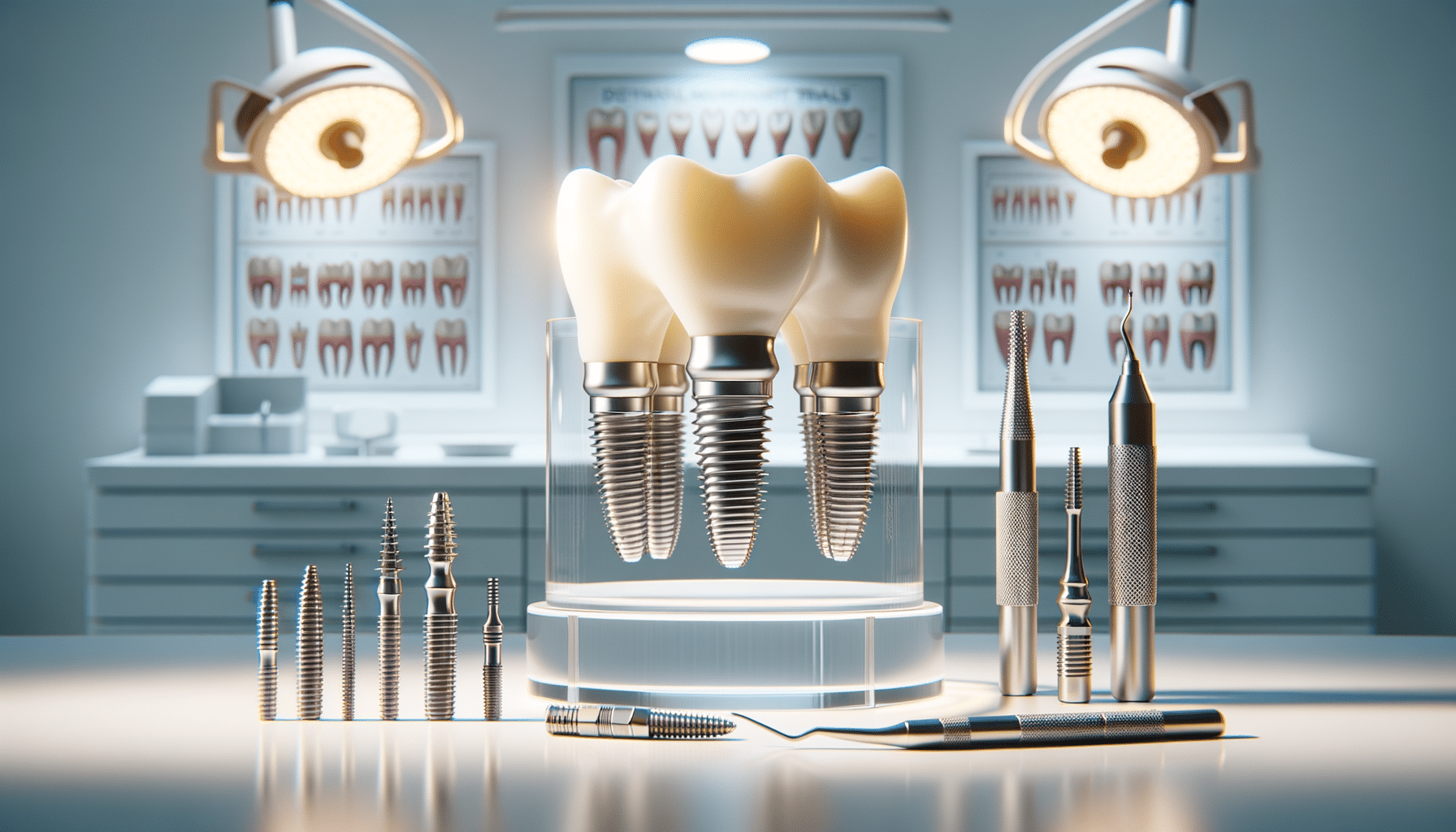
Dental Implant Trials
Introduction to Dental Implant Trials
Dental implant trials are a crucial aspect of advancing oral healthcare, offering patients opportunities to access cutting-edge treatments while contributing to scientific research. As dental technology evolves, these trials play a pivotal role in assessing the safety and efficacy of new implant designs and materials. By participating in these trials, individuals not only gain access to potentially life-changing dental procedures but also help shape the future of dental care.
The Process of Dental Implant Trials
The process of dental implant trials involves several stages, each meticulously designed to ensure the safety and effectiveness of the implants being tested. Initially, researchers conduct preclinical studies, often using computer models or animal testing, to evaluate the basic properties of the implant materials. Once these preliminary tests are successful, the trials move into human testing, typically divided into phases:
- Phase I: This phase focuses on assessing the safety of the implant in a small group of healthy volunteers. Researchers closely monitor participants for any adverse effects.
- Phase II: In this phase, the focus shifts to evaluating the implant’s efficacy. A larger group of participants receives the implant, and researchers gather data on its performance and any side effects.
- Phase III: This phase involves a broader participant pool and aims to confirm the implant’s effectiveness and monitor side effects in a more diverse population. Successful completion of this phase is crucial for regulatory approval.
Each phase is critical in ensuring that the dental implants meet the highest standards of safety and performance before becoming widely available to the public.
Benefits of Participating in Dental Implant Trials
Participating in dental implant trials offers numerous benefits to individuals seeking advanced dental care. One significant advantage is the opportunity to receive state-of-the-art dental implants at little to no cost, as many trials cover the expenses associated with the procedure. Additionally, participants gain access to a team of dental experts who closely monitor their progress and provide personalized care throughout the trial period.
Moreover, participants contribute to the progression of dental science. By being part of a trial, they help researchers gather valuable data that can lead to improvements in implant technology and techniques. This contribution not only benefits future patients but also enhances the overall quality of dental care.
However, it’s important for potential participants to thoroughly understand the trial’s requirements and potential risks. Informed consent is a crucial aspect of the process, ensuring that individuals are fully aware of what participation entails.
Challenges and Considerations in Dental Implant Trials
While dental implant trials offer promising opportunities, they also present several challenges and considerations. One primary concern is the potential for unforeseen complications or side effects, as the implants are still under evaluation. Participants must be prepared for the possibility of experiencing issues not typically associated with established implant procedures.
Another consideration is the time commitment required for participation. Trials often involve multiple visits to the research facility for evaluations and follow-ups, which can be demanding for individuals with busy schedules. Additionally, participants must adhere to specific guidelines and protocols, which may include lifestyle adjustments or dietary restrictions.
Despite these challenges, the rigorous design of dental implant trials aims to minimize risks and ensure participant safety. Researchers prioritize transparent communication, providing participants with detailed information about the trial process and any potential risks involved.
Future Directions in Dental Implant Trials
The future of dental implant trials is promising, with ongoing advancements in technology and materials paving the way for more innovative solutions. Researchers are exploring new materials that offer improved biocompatibility and durability, potentially reducing the risk of implant failure. Additionally, advances in digital dentistry, such as 3D printing and computer-aided design, are revolutionizing the way implants are designed and manufactured.
As these technologies continue to evolve, dental implant trials will play a crucial role in validating their effectiveness and safety. The integration of artificial intelligence and machine learning in trial design and data analysis is also expected to enhance the precision and efficiency of research efforts.
Overall, dental implant trials are at the forefront of transforming oral healthcare, offering hope for individuals seeking improved dental solutions. By participating in these trials, individuals not only gain access to cutting-edge treatments but also contribute to the advancement of dental science, ultimately benefiting society as a whole.


